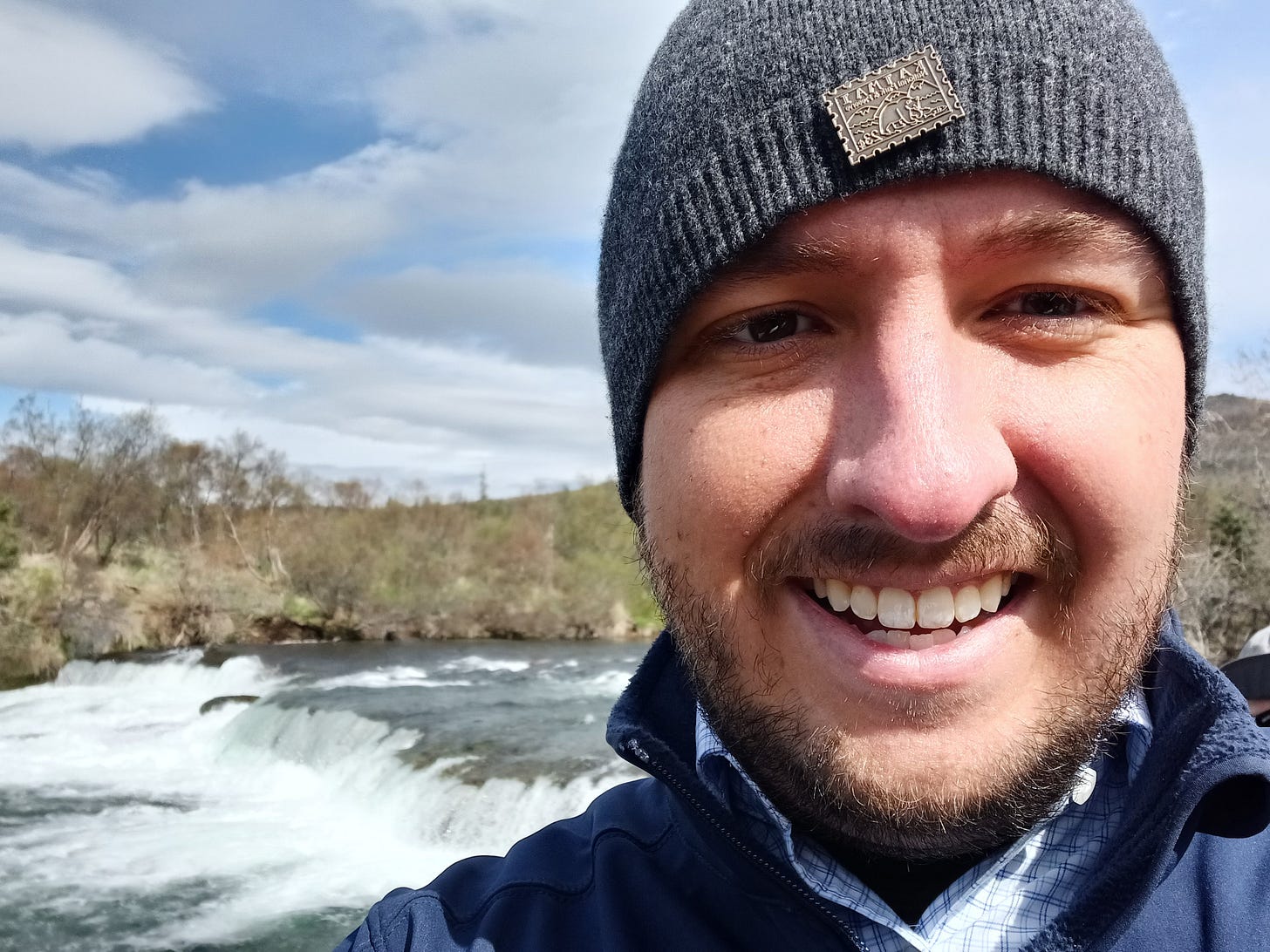About This Site
The study of the past has evolved over the past few decades. How the public engages with the past has changed too. The first time I picked up a history book in the third grade; the internet was in its early years, digitization of historical collections was still in the future, and if I couldn’t find a book about a topic in the local library, it was as if it didn’t exist at all. Today, historical information about countless topics is a short internet search away, digitized collections from organizations large and small help scholars connect with primary sources from the comfort of their homes, and museums and historic sites are engaging with the public digitally in ways that would have been impossible in previous decades. Of course, there’ve been downsides to this revolution as well. Outdated, inaccurate, incomplete, and just-flat-out made-up information is all over the internet and can trip up both the average person and the seasoned historian. The plethora of digital sources can obscure the fact that there’s still much that remains in physical collections and that a visit to the archives is still required for many topics. The rise of AI, with its ability to pull together seemingly credible responses and its ever-improving ability to create images and video, presents challenges of its own.
Through all these changes, some things remain the same. Historians continue to use sources to try and better understand the past and to share that information with the public.
History’s Confluences is my blog about how we study the past in the 21st century. Articles here include analyses of how new technologies have impacted how we research and share information about the past, reflections on new reports and findings, and my own personal research on the topics that interest me. It’s a site that has a little bit of everything. We have articles and podcasts about topics ranging from a 1939 sit-in demonstration to the phenomenon of men constantly thinking about the Roman Empire.
Who are you?
Hi, I’m Scott Vierick. I’m a public historian, meaning that I study the past but primarily work with and for non-academic audiences. Currently, I’m a senior historian and interpretive planner at a historical research consulting firm. My work there has involved conducting historical research on major corporations, trade associations, and non-profits, creating smartphone apps for Civil War battlefields, conducting oral histories, and helping organizations like the National Park Service and the American Battlefield Trust determine the best way to share their stories with the public. I’ve been able to conduct research at repositories all over the country, ranging from the National Archives to small local historical societies (all opinions on this site are my own and don’t represent those of my employer).

Previously, I worked as an educator at the White House Historical Association, a history interpreter at George Washington’s Mount Vernon Estate, and as a ranger at Harpers Ferry National Historical Park.
Outside of work, I’m on the board of the Alexandria Historical Society, whose mission is to research and share the history of Alexandria, Virginia with the public. I run the society’s social media, chair its grant committee, and previously chaired the awards committee. I also represent the society on the Alexandria Archeological Commission, which works to support, promote, and advise the city’s archeology program.
I have a bachelor’s degree in history and government from the College of William and Mary and a master’s degree in public administration from Virginia Tech. I also hold a public administration graduate certificate from the University of Virginia’s School of Continuing and Professional Studies and a certificate in museum management from the Virginia Association of Museums. I’m certified as an interpretive planner by the National Association for Interpretation.
Why subscribe?
Subscribing sends new articles directly to your inbox, ensuring that you never miss a piece. It also shows me that people are interested in my writing and want to see more of it.
Will this newsletter always be free?
That’s the plan for now. I have a day job that keeps me pretty busy and I don’t know if I can commit to posting consistently. Depending on how things go in the future, I might put some posts behind a paywall, but at least some of the content will always be free.
Does the content here reflect the views of any of your current or former employers?
Nope. All thoughts and opinions expressed here are my own and don’t represent the views of any of my employers, past, present, or future.
Why did you disable comments?
At best, comment sections can be wonderful opportunities to discuss ideas, gain new perspectives, forge connections, and share jokes. At worst… I think we all know the answer there. I’ve noticed that the best comment sections feature sustained engagement by either a post’s author or some type of professional moderator, which, since I work full-time, I just don’t have time for. If you do have any questions or thoughtful comments, please feel free to reach out to me directly.

